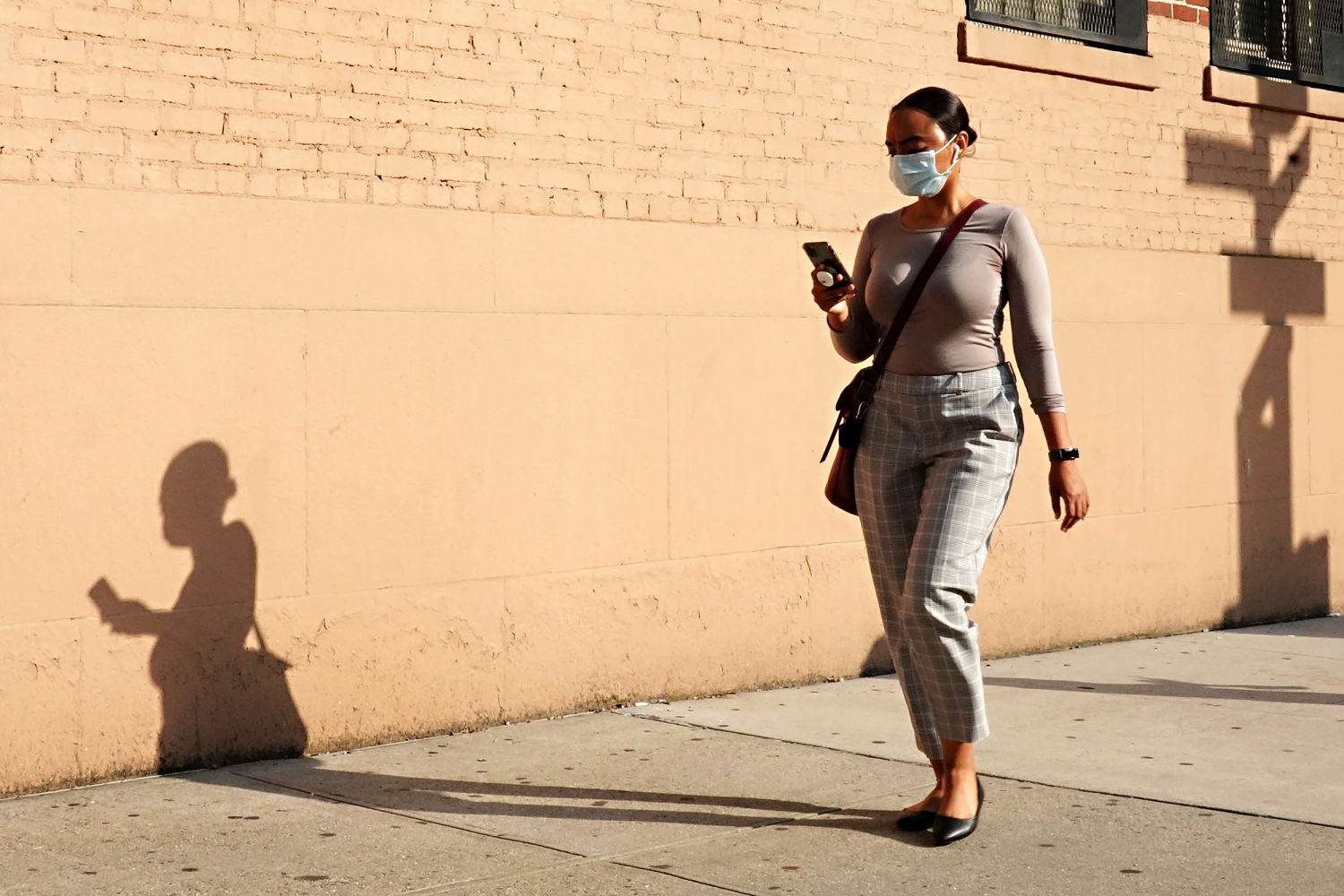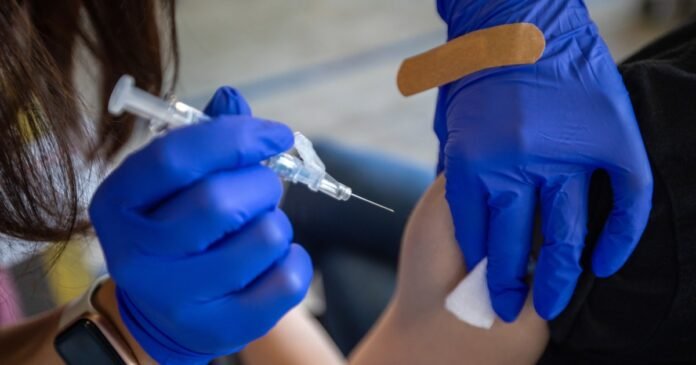
A new Covid variant that’s gaining momentum globally has landed in the U.S.
The World Health Organization announced last week that it was monitoring the variant, NB.1.8.1, following a rise in cases in several parts of the world, including Europe, Southeast Asia and North and South America.
The variant appears to be more transmissible than the dominant strain worldwide, LP.8.1, meaning it has the potential to drive up cases this summer.
But it does not seem to be much better than LP.8.1 at evading protection from vaccines or a prior infection. And the WHO has found no evidence that it leads to more severe illness, so the agency has determined that it doesn’t pose an added health risk.
“It’s an important one to track, but it doesn’t show any signs so far of being able to drive a large surge in Covid-19 cases — at least in the U.S.,” said Andrew Pekosz, a virologist at Johns Hopkins Bloomberg School of Public Health.
Federal and state health officials regularly monitor Covid strains to identify potential changes in how the virus behaves and help inform vaccine updates. The strains that have been dominant in the U.S. since late 2021 are versions of the omicron variant and generally produce similar symptoms. NB.1.8.1 is part of that lineage.
Covid vaccines are updated each fall to better match the circulating strains, but eligibility will likely be limited this year to older adults and young people with medical conditions.
Infectious disease doctors said NB.1.8.1 could potentially lead to a small surge of infections for two reasons: The U.S. hasn’t seen a Covid wave in awhile and less than a quarter of adults have received the latest booster, meaning population immunity has likely waned.
“It may unfortunately come back with a little bit of vengeance on us. Let’s hope that doesn’t happen, but I am concerned that we may be setting ourselves up for that with this combination of factors,” said Dr. Thomas Russo, chief of infectious diseases at the University at Buffalo Jacobs School of Medicine and Biomedical Sciences.
Covid cases typically rise twice a year — in the summer and winter — regardless of what variant is circulating, said Dr. Scott Roberts, associate medical director of infection prevention at the Yale School of Medicine.
“I’m going to go ahead and guess that it’s going to lead to an uptick in the summer — probably a mild to moderate one,” he said of NB.1.8.1.
A spokesperson for the Centers for Disease Control and Prevention said there have been fewer than 20 sequences of NB.1.8.1 reported in the U.S. to date. That means the variant is not prevalent enough to appear on the CDC’s dashboard, which lists variants that make up more than 1% of national Covid cases over a two-week period.
The Arizona Department of Health Services said it identified three samples of the variant in late April and early May through routine surveillance. NB.1.8.1 has also been detected in Rhode Island, according to the state’s health department. The Cleveland Clinic said it had detected a few cases in Ohio.
“Whether it gets a foothold in this country and it becomes our new dominant variant or not remains to be seen,” Russo said.
The variant is now dominant in China, where it has spread rapidly since the start of the year. By late April, it made up nearly 11% of genetic sequences submitted to a global virus database called GISAID, up from 2.5% earlier that month.
Meanwhile, LP.8.1 has become less prevalent since mid-April, according to the WHO.
A preprint study, which has not been peer-reviewed, found that NB.1.8.1 had the “potential for future dominance” over other circulating variants due to additional mutations that could make it more transmissible.
People who haven’t been vaccinated or had Covid in awhile should get a booster now if they’re eligible, Roberts said. NB.1.8.1 is a cousin of JN.1 (the variant targeted by the current booster), so the vaccine should protect against it to some degree.
The Food and Drug Administration has asked drugmakers to update Covid vaccines to target the LP.8.1 variant this fall. Data from Pfizer and Moderna suggest the updated vaccines would offer protection against NB.1.8.1 as well.
But the FDA has said it will limit its approval of updated Covid shots to older adults and younger people with a medical condition that puts them at risk of severe illness. And the Centers for Disease Control and Prevention on Tuesday stopped recommending Covid vaccines for healthy children and pregnant women.
“I haven’t seen any substantial new data to guide these decisions,” Roberts said.
Doctors said they worry that, because of those changes, pregnant people and children under 5 may be vulnerable to severe outcomes from Covid this winter. And even healthy adults who’ve been vaccinated before might not have optimal protection, Russo said.
“Even for people that have received one shot, two shots, even three shots — yes, that’s better than no shot,” he said. “But we know that immunity wanes and we know the virus evolves.”





